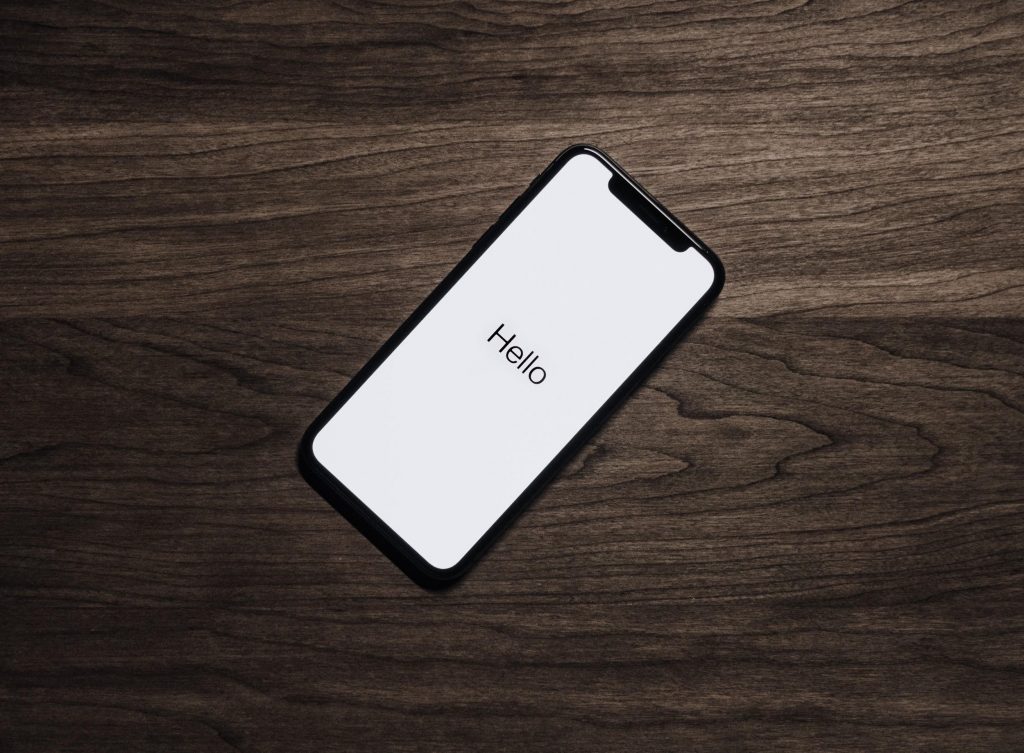Over time we have become increasingly dependent on your smartphones. Our smartphones are easy to use and make every aspect of our lives a little more comfortable and enjoyable. Constantly being on your smartphone doesn’t seem abnormal, especially when everyone around you is doing it. The subtleness and normalisation of smartphones are what prevents continually using them to feel like an addiction. However, people fail to realise that smartphone addiction is a real problem, affecting thousands of adults and children around the globe. There is an increasing unwillingness to detach from our phones, so much so that people are now taking them into the shower with them.

Our addictions are so unfortunate that they hinder our driving, putting ourselves and others in danger, leading to government implemented smartphone bans when driving. Without realising, we are becoming increasingly addicted to our smartphones as they conveniently feed into our desires and interests. We can use them to catch up on the latest gossip, news, TV shows, connect with others, check social media and play games. The variety of distractions on our phones make them alluring and exciting to us. The popularity, increasing demands and easy access to handsets means smartphone addiction is likely to expand and grow into a worrying problem. To accompany this, advances in technology will allow handsets to perform and function at quicker rates, making them more attractive.
Smartphones give us the means to connect to a wide range of different media which keeps our minds occupied. However, smartphones are subject to having a negative impact on our minds. Research suggests that an increased level of smartphone use primarily affects the brain, but its exact side effects remain to be seen. Researchers have found that young people with an addiction to smartphones demonstrate imbalances in their brain chemistry. Another study found that cognitive capacity was significantly reduced whenever a smartphone was in reach of subjects, irrelevant of if the phone was on or off. Some experts believe that high levels of smartphone usage can impair sleep patterns and might turn some of us into lazy thinkers. The technology also has the ability to reduce our social and emotional skills, not just in adults but in children too.
How do people become addicted to their smartphones?

Smartphones are easy to use and feed our hunger to only interact with things we enjoy. With a simple tap on the screen, we have all the information we need and want right at our fingertips. However, overusing our smartphone is one of the main reasons we are slowly becoming addicted to it. As humans, we use our smartphone to fill gaps in our days, such as when commuting, impairing our minds time to rest and wonder.
This causes blurred lines concerning where it is acceptable or unacceptable to use our smartphones, resulting in overusing them. When watching TV, more often than not, we use our phones and scroll through social media, for example. This means that instead of giving our undivided attention to the task at hand, we are constantly hungry for our phones. Because we are soo available to the digital world, we can forget about the physical world and reality. Using our smartphones have also become such a fashion, and this is the primary reason for the addiction. Using the latest smartphone has helped tech giants to create smartphones with high-quality cameras and function far beyond our expectations. Many smartphone users fear to be away from their phones as it leads them to feel disconnected.
Smartphone addiction carries common characteristics with other types of addictions, such as substance abuse and alcoholism. Often they stem from external underlying emotional and psychological issues. The smartphone is, in actual fact, a distraction away from those issues, and the addiction can be born as a side effect of depression and obsessive-compulsive disorders. Using phones can be an escape that most lean on to avoid real issues, especially for those who are struggling with post-traumatic stress, social anxiety or attention deficit.
Accessories which encourage the use of smartphones like smartwatches from SmartPhone Checker can also make us lean towards using and more worryingly rely on our smartphones. As users become more health-conscious, technology has slowly adapted to our needs. This results in using our smartphones to check simple metric data collected from smartwatches as well as the impact they can have on diet and lifestyle, telling users to remember to drink water. These functions, although excellent, keep us craving technology.
What are the true consequences of smartphone addiction?

Smartphone addiction at large and particularly in children is altering the way we interact with each other. Interaction between humans is vital, and this is especially true for children. If technology like smartphones hinders the level of communication in children, it has adverse effects on their development. Physical reactions allow children to understand the difference between a wrong action and the right action. If their interaction time is diluted, it means they will grow up without these vital life tools. Interaction through smartphones via texting, social media and even a phone call do not permit the right qualities to give children the skills they need to accomplish this.
Although adults are less likely to become addicted to their smartphones, the cost of using them is still quite destructive. Using science and biology staring at screen prevents the brain from releasing melatonin which we need to sleep naturally. The body can not identify if you are tired when you’re engaging with the screen, which is why many find it hard to sleep. Over time, using a smartphone before bed will interrupt sleeping patterns. This will then affect a persona cognitive function during the day as a result of lack of sleep. Enger and functioning levels will be considerably low in those individuals in comparison to those who get a full night sleep without interrupted sleep schedules to smartphone use.
How to fight smartphone addiction?

Like any addiction, the first step of beating mobile phone addiction is acknowledging that you have it. It’s important to know if you are addicted to your phone or not. The line between the need to use your smartphone and being addicted to it is very thin. That being said. There is a telltale sign that will help those concerned about it identify it. Many smartphone addicts experience what is known as Phantom Vibration Syndrome. This means their bodies have become conditioned to expect some level of smartphone interaction that they begin to imagine the sensation of vibration, much like the ones our phones generate.
In a world which demands continuously connected to the internet, smartphone addiction is as difficult to identify as it is to combat. Due to the different personalities of the human race, everyone will use their smartphone differently. Some will be able to use them and put them down they don’t really to be using them while others won’t be able to separate from it although it’s hard to pull away from tech its essential to do. In the past, our ancestors did not have this type of technology and lived what is arguably cleaner healthier lives. As the side effects to overusing smartphone I unknowns raise awareness about it vital. So the next time you find yourself using your smartphone when you don’t really need to, put it down and allow your natural body functions to work their magic for healthy, happier you.







